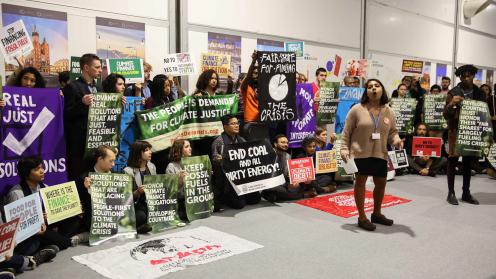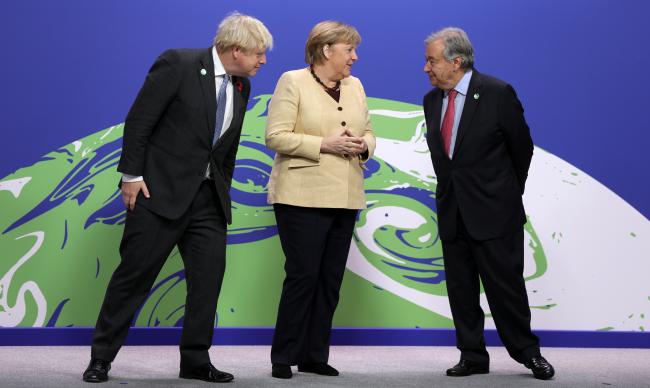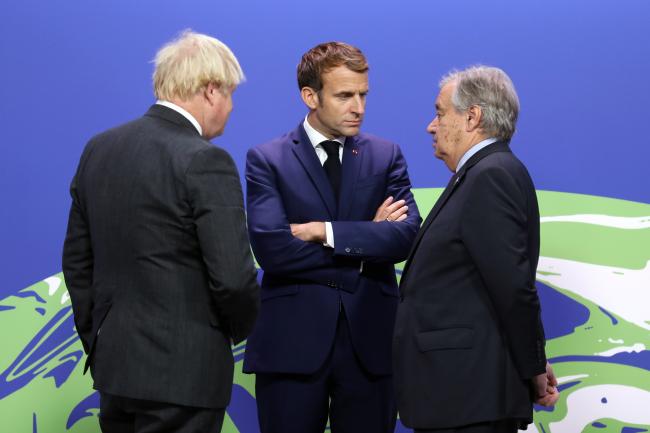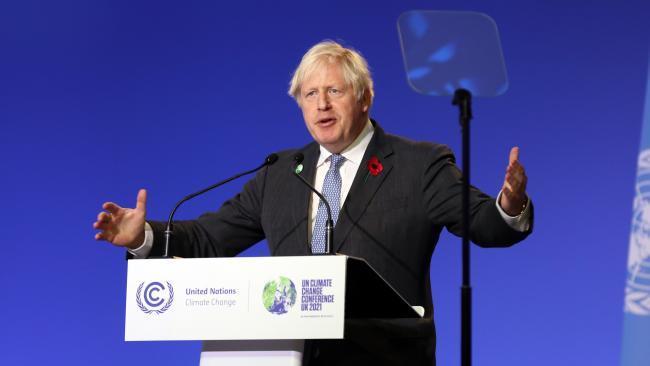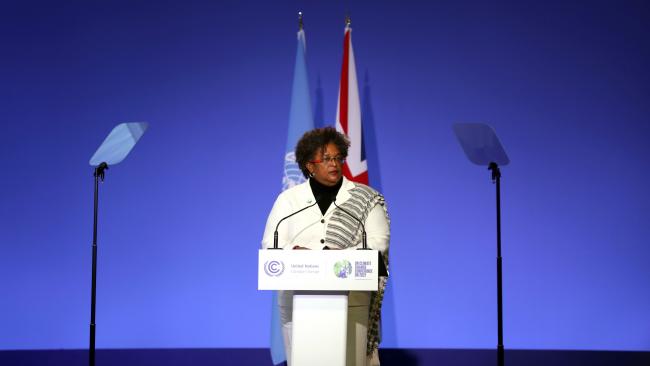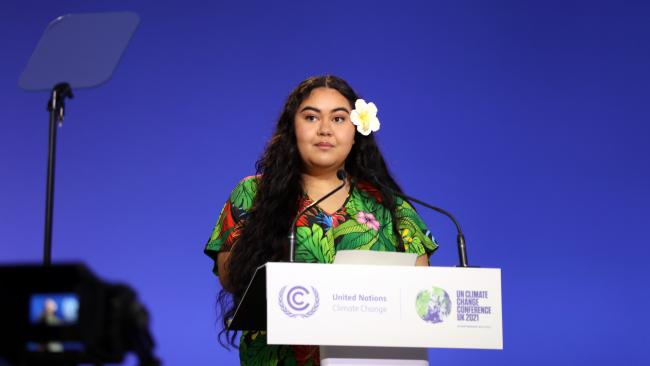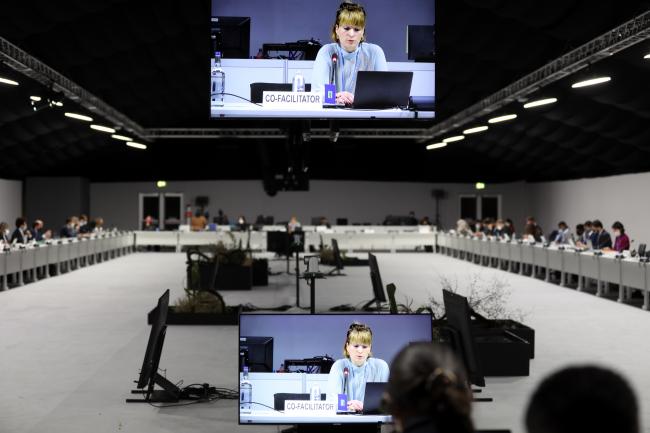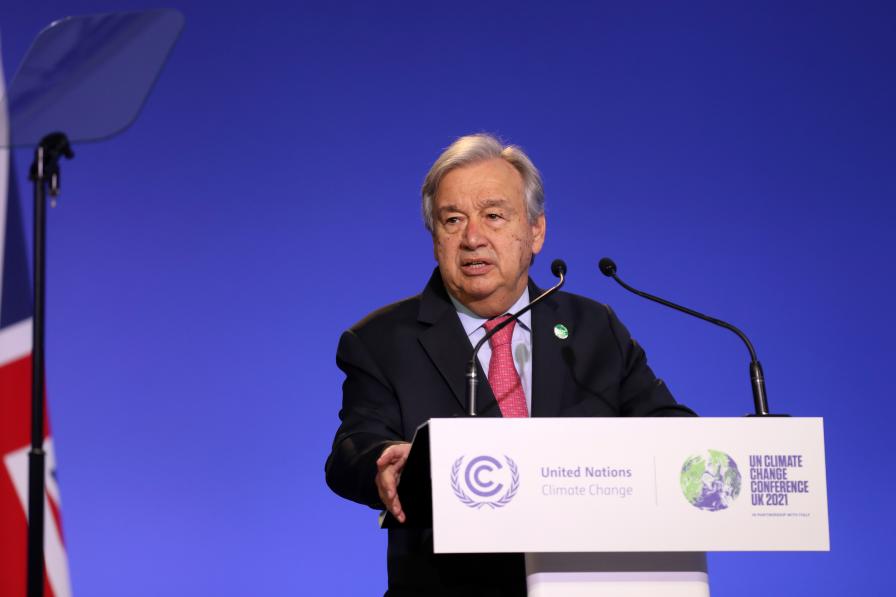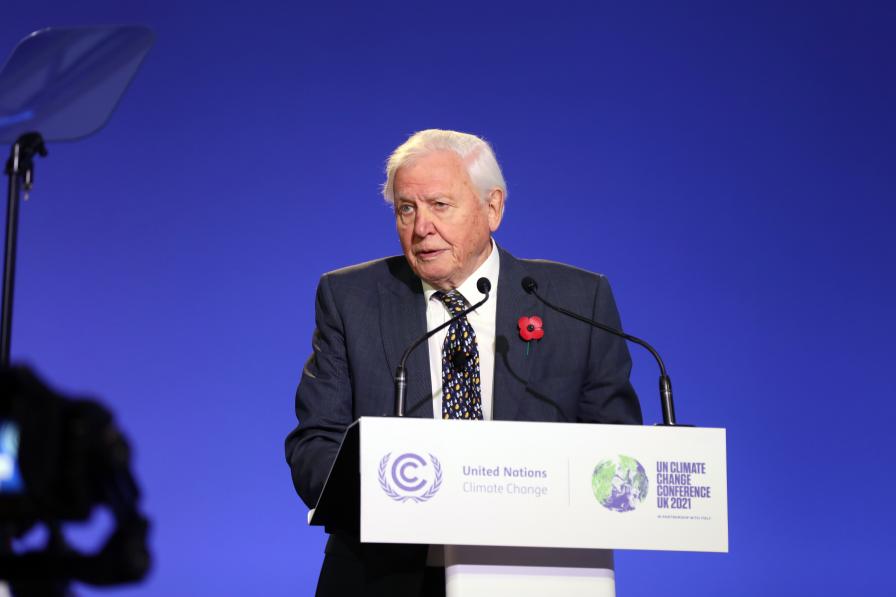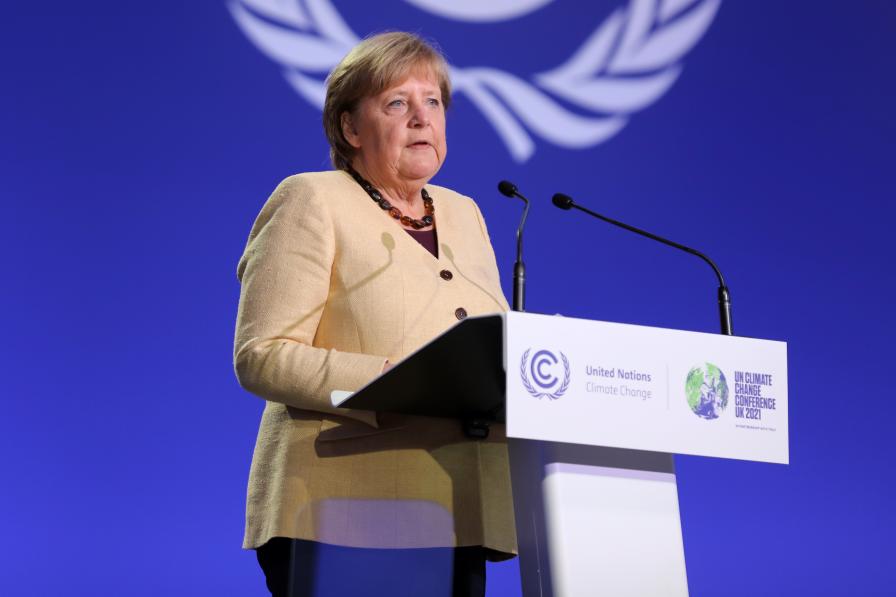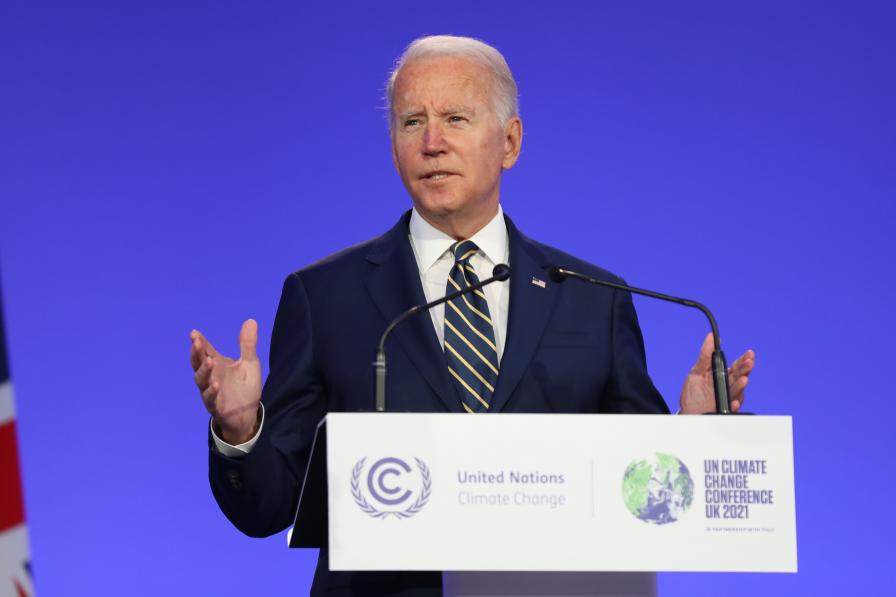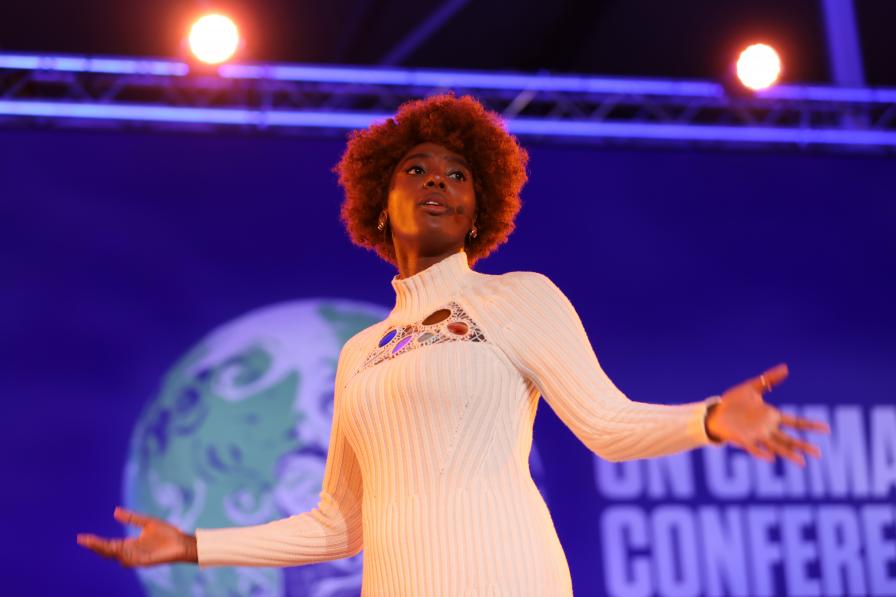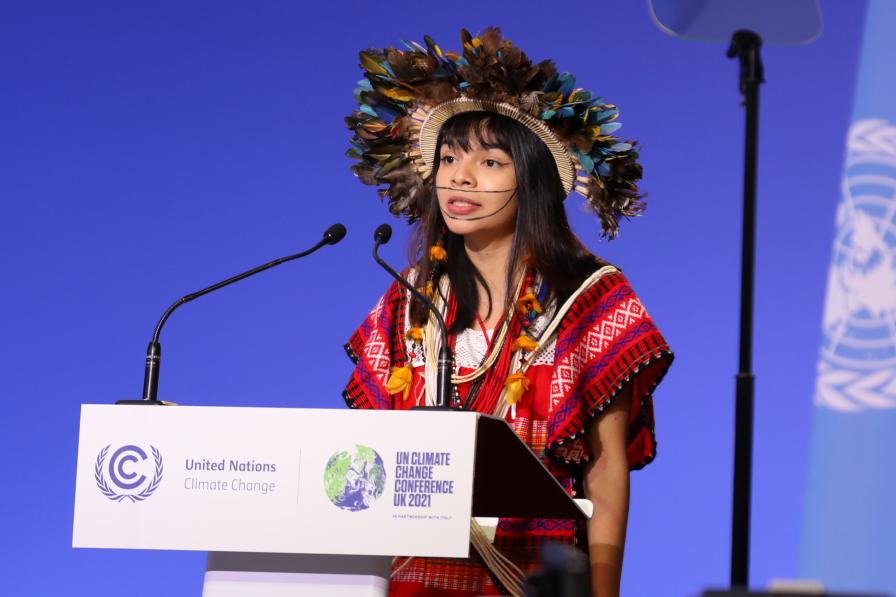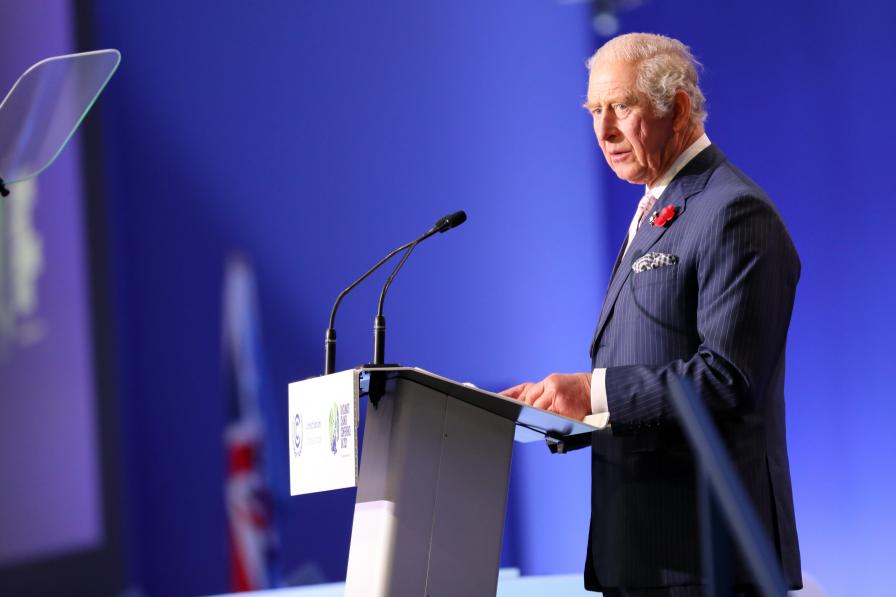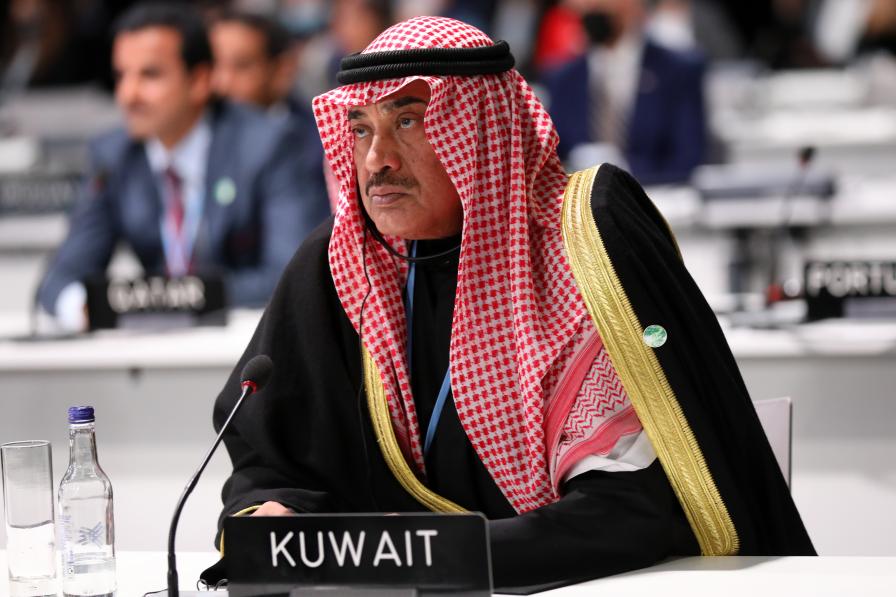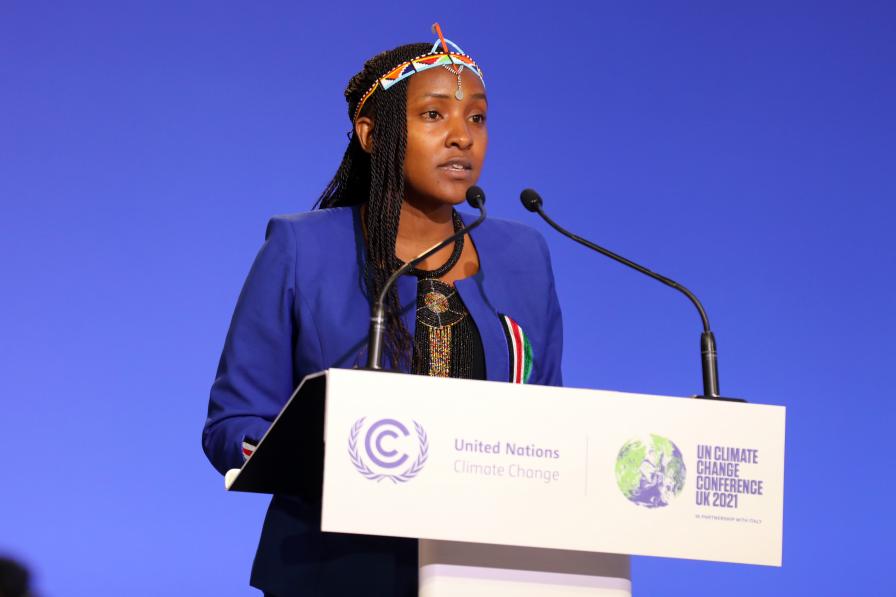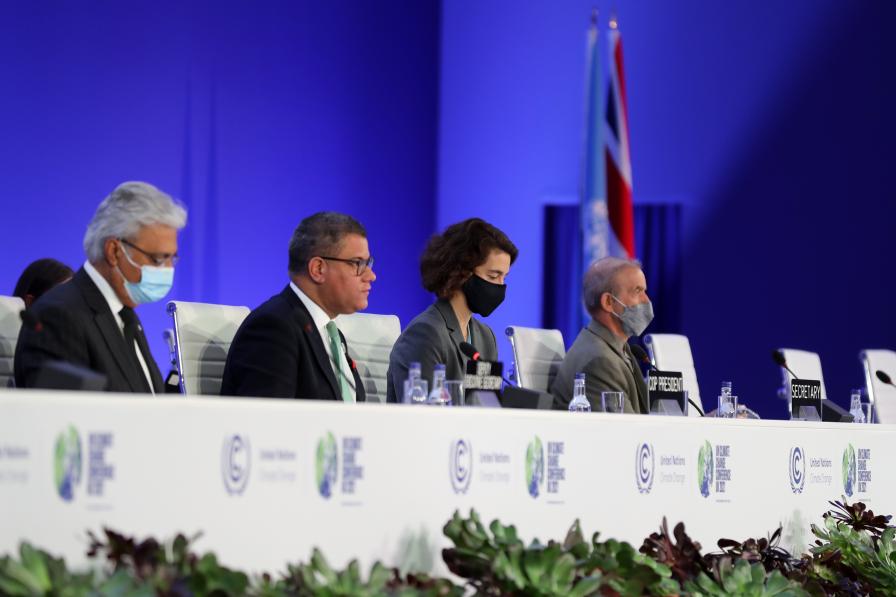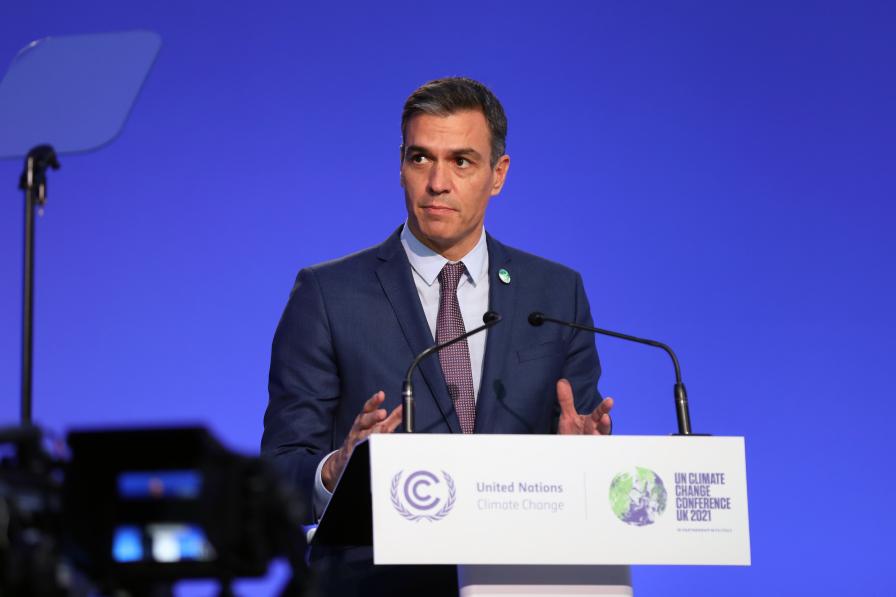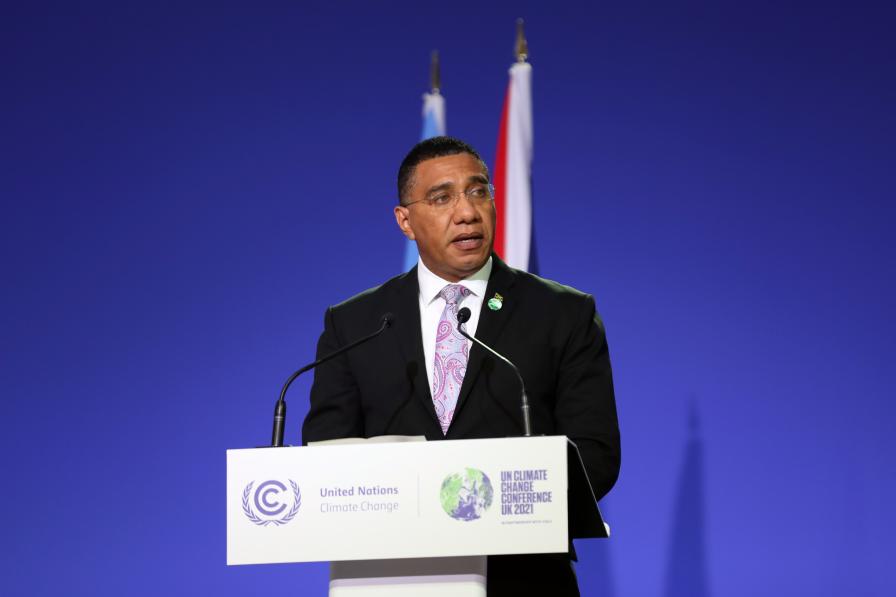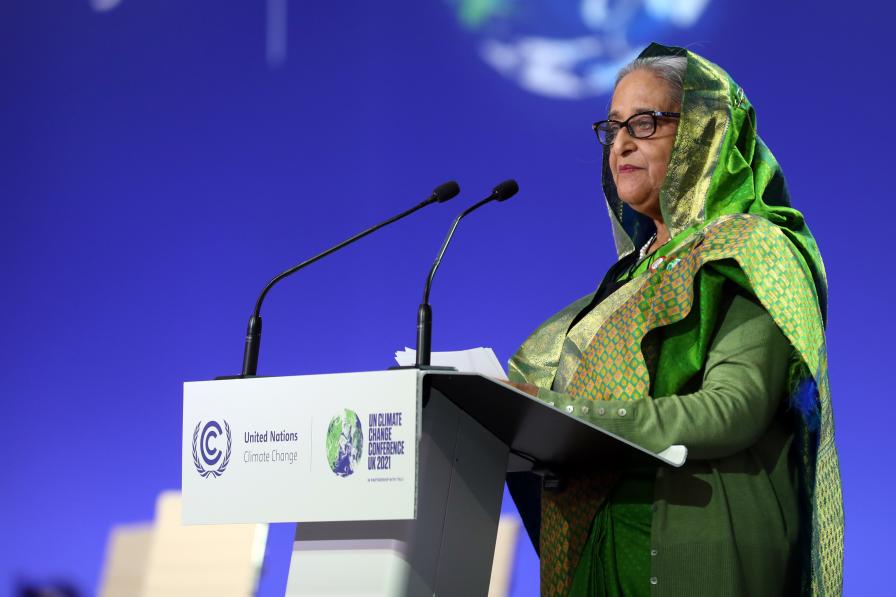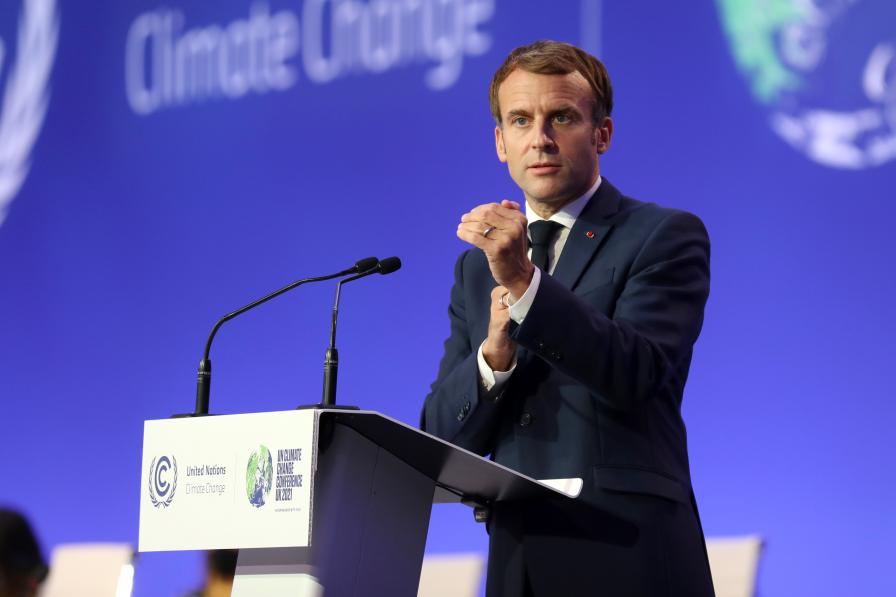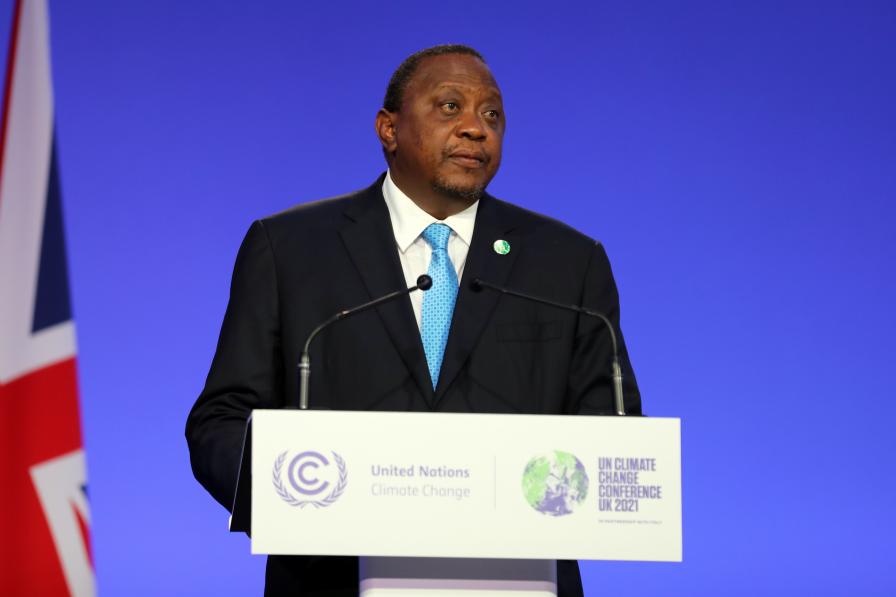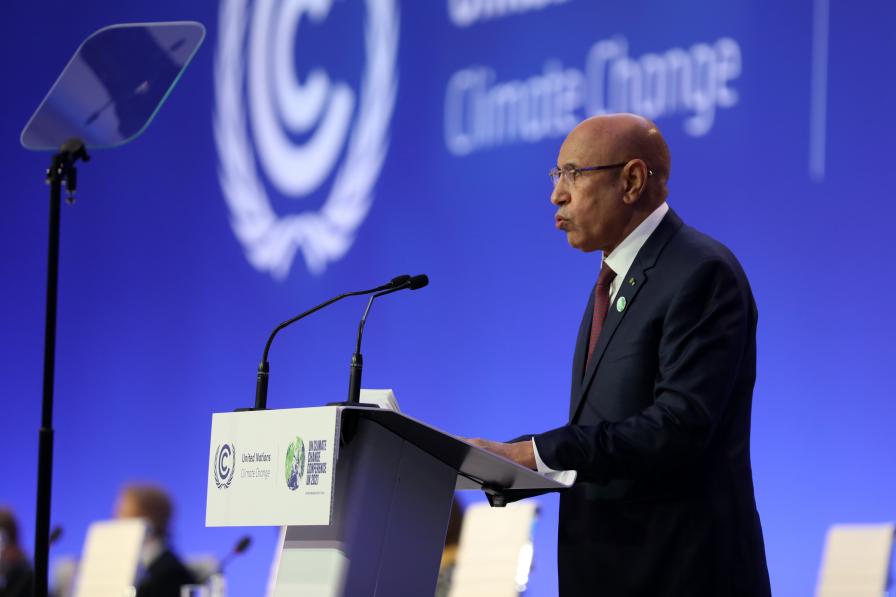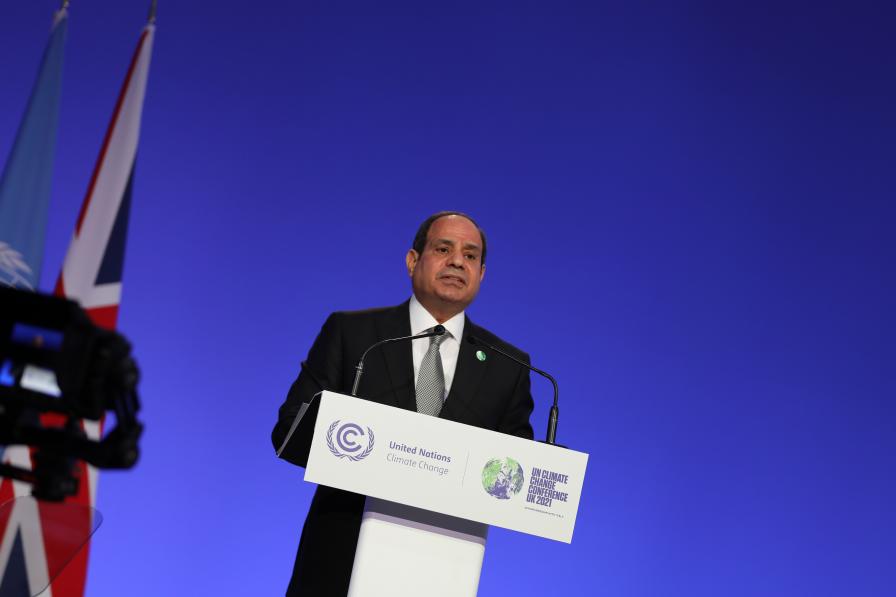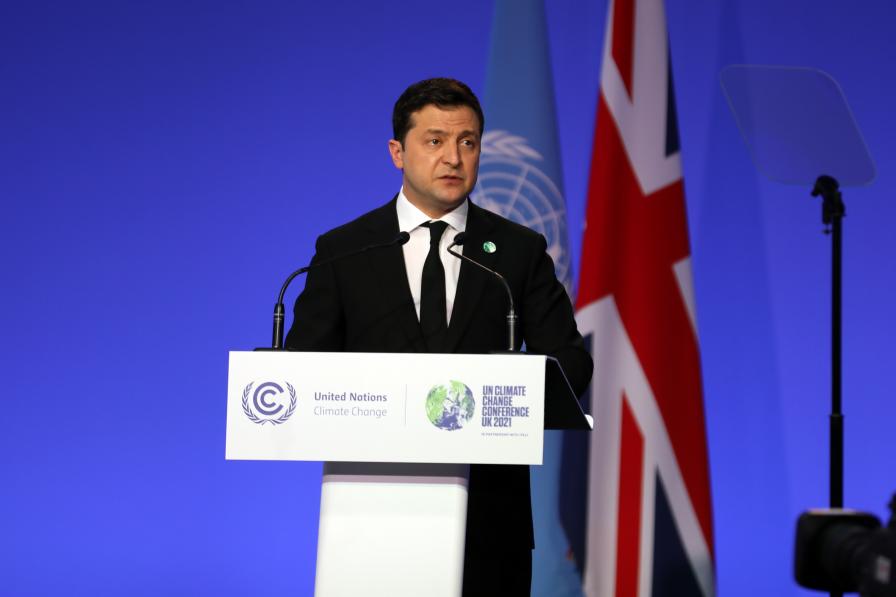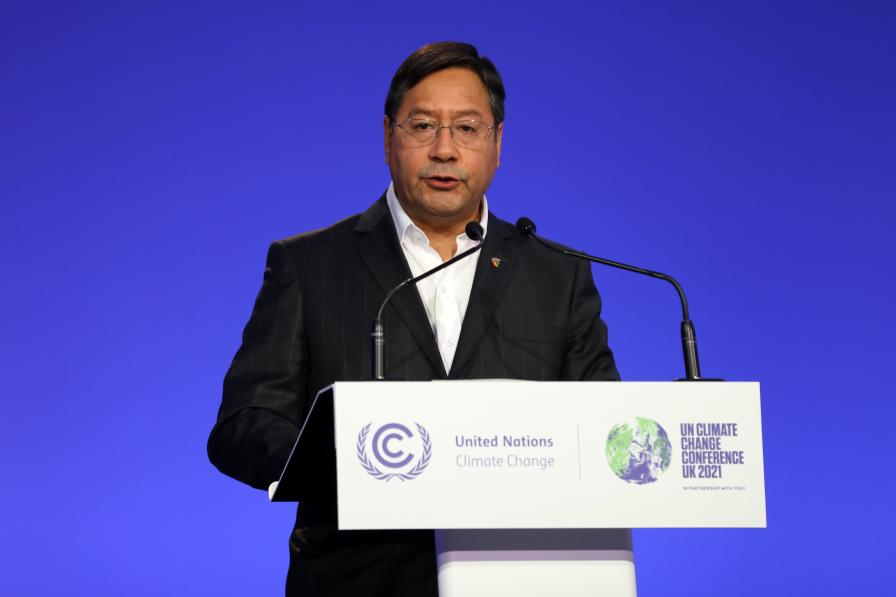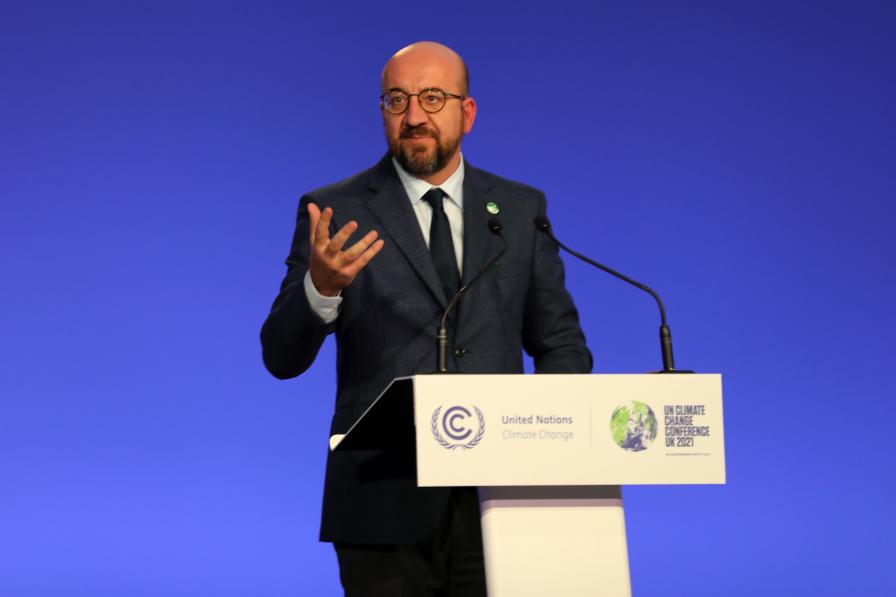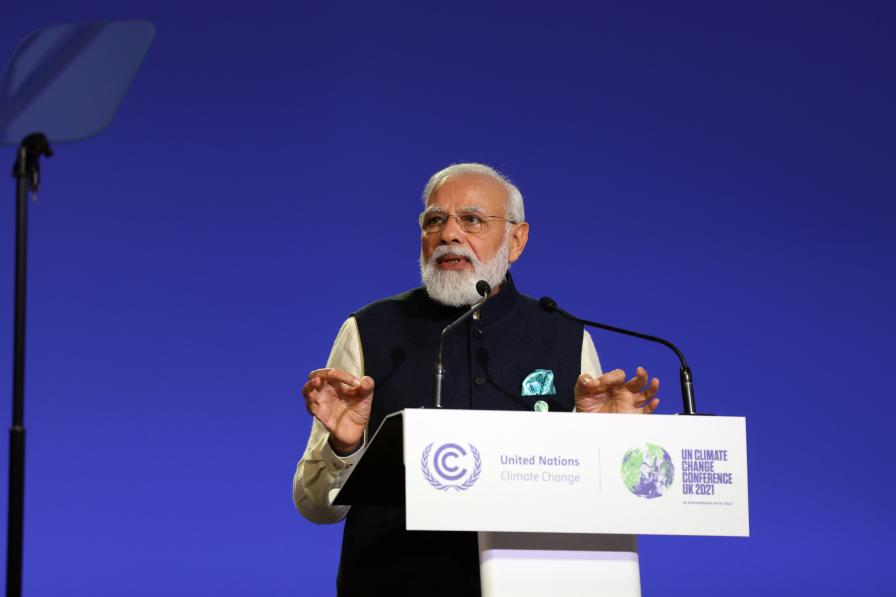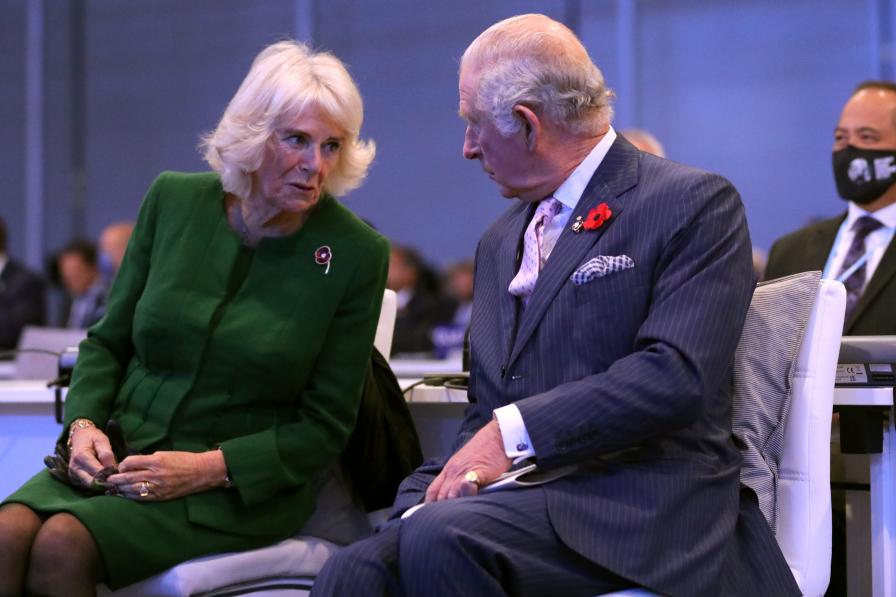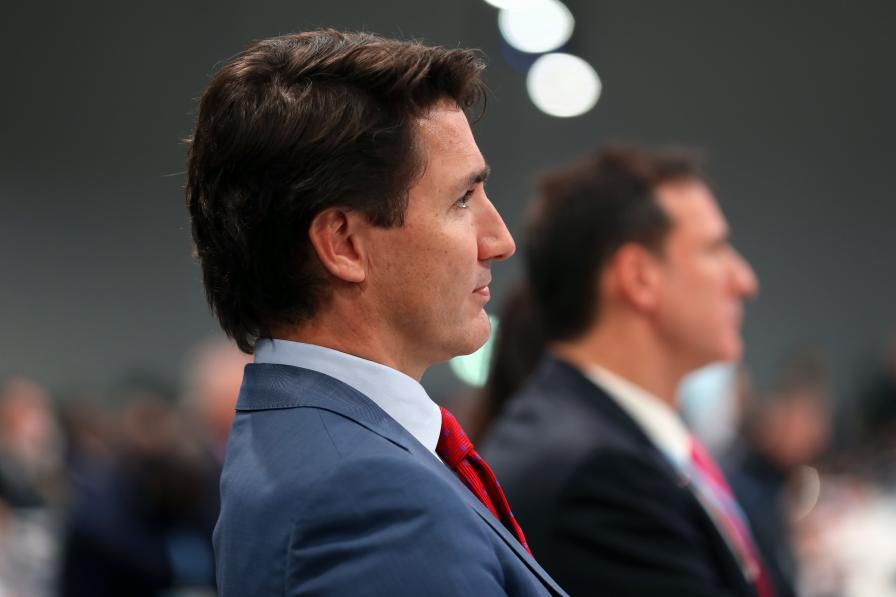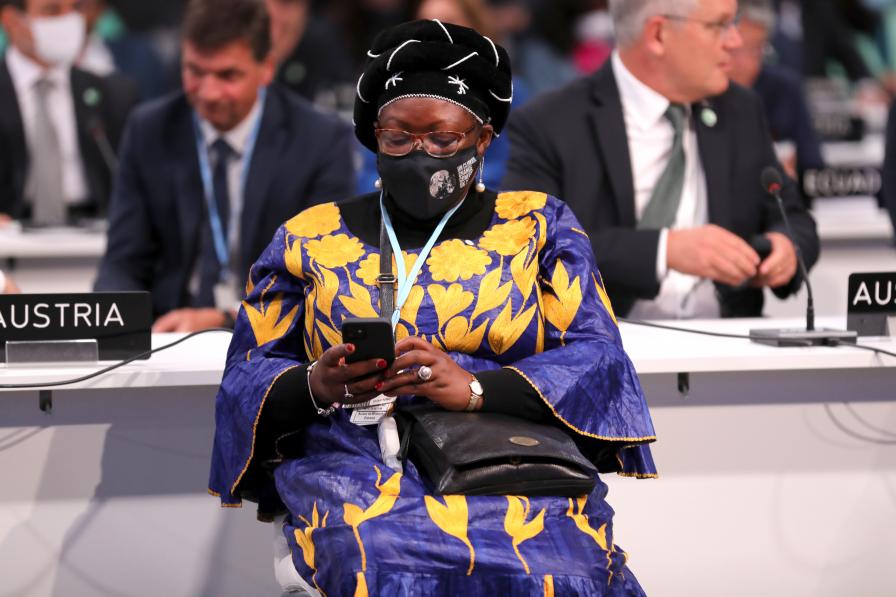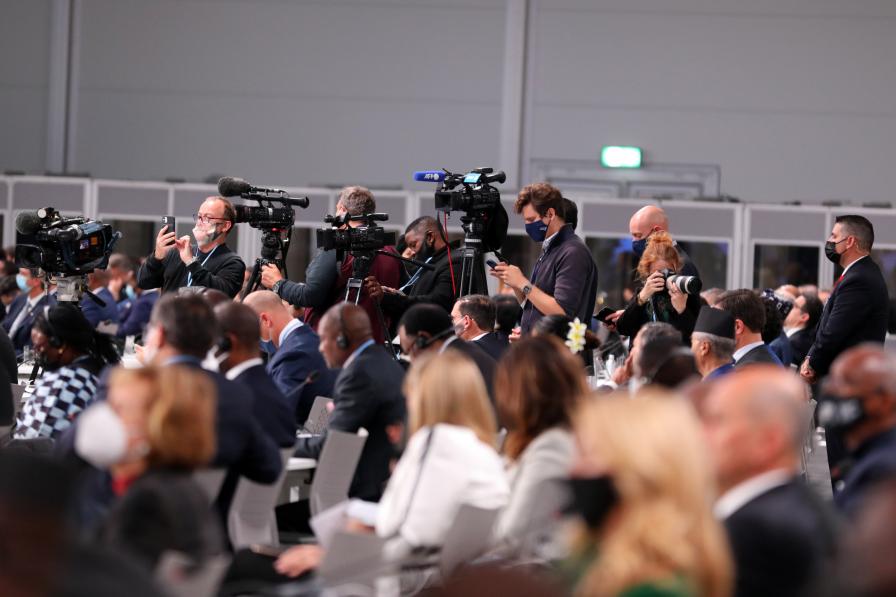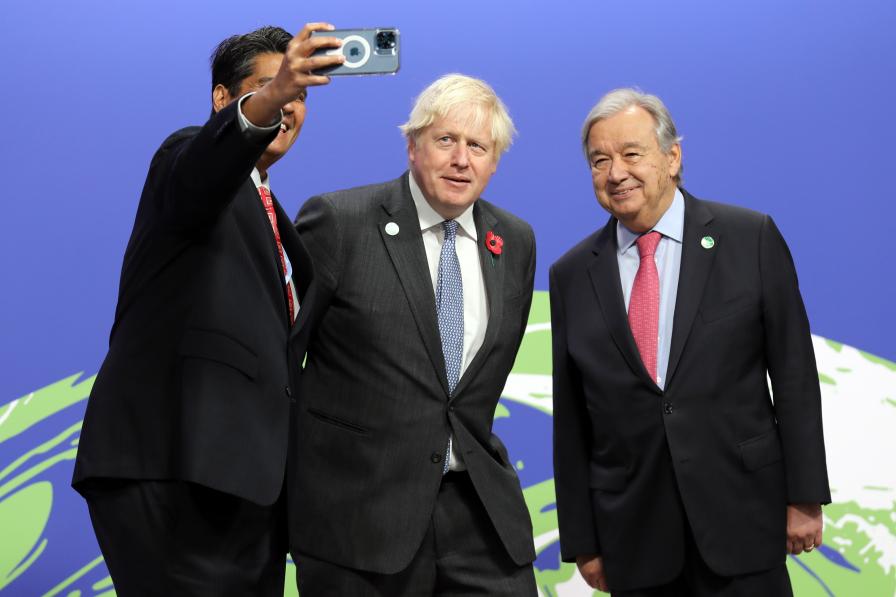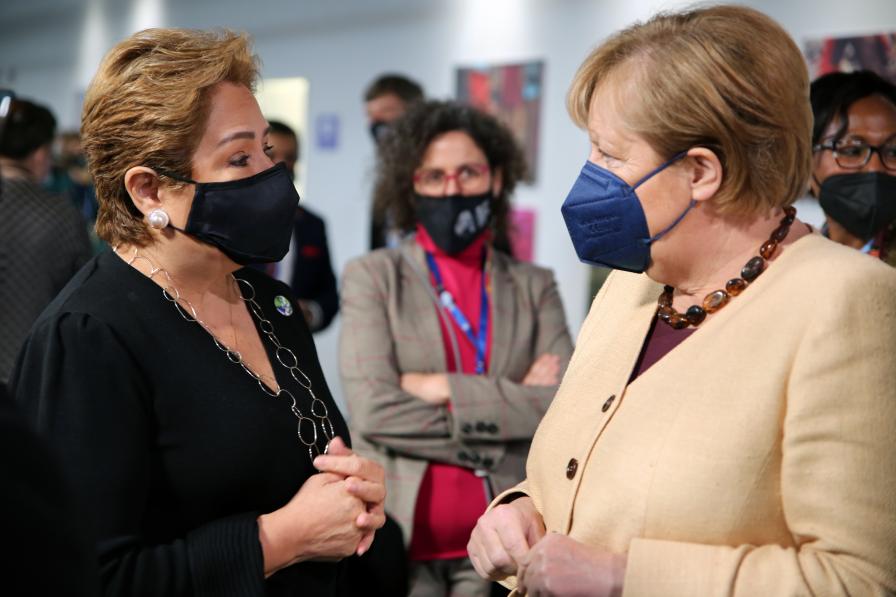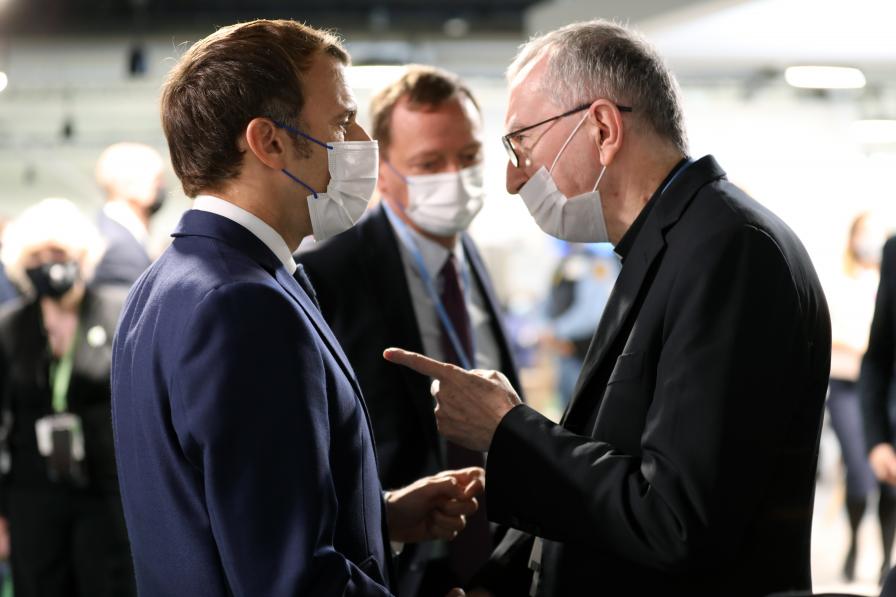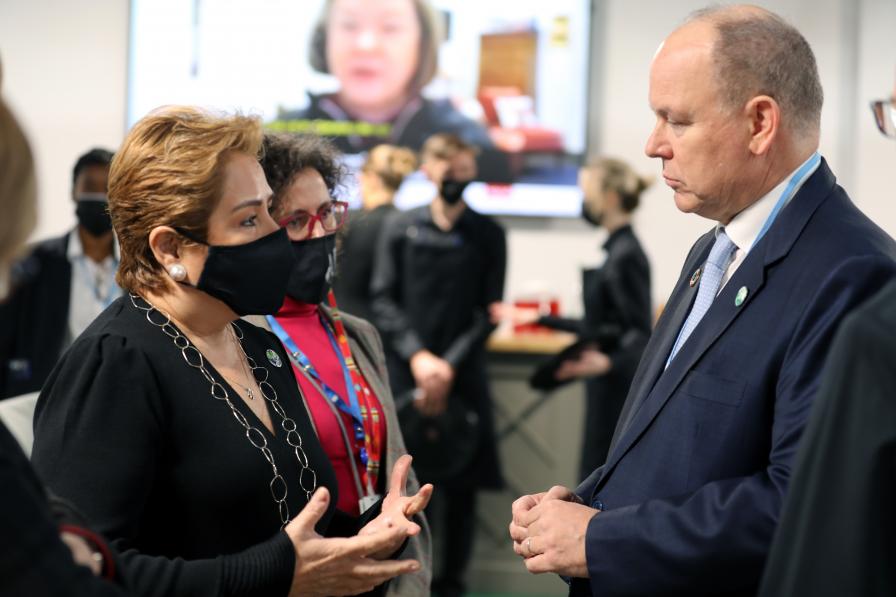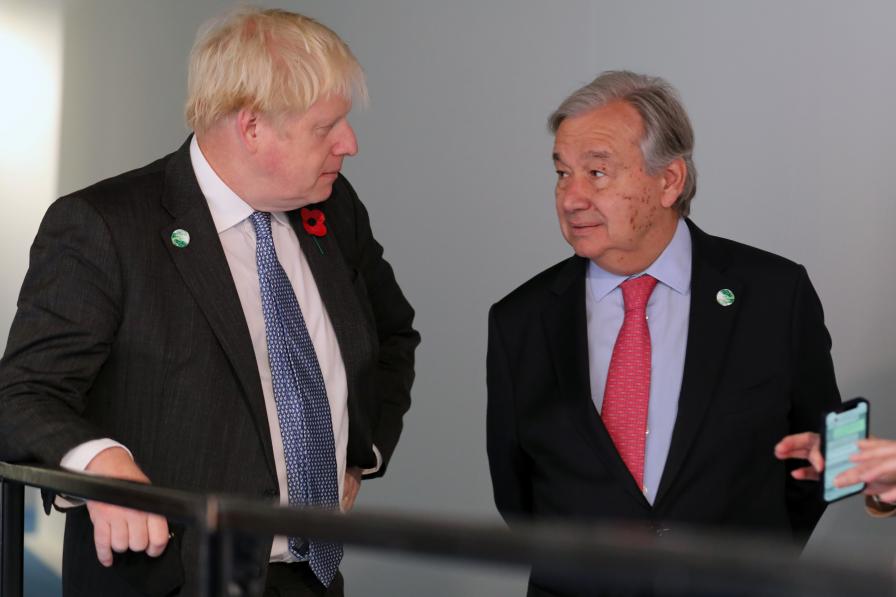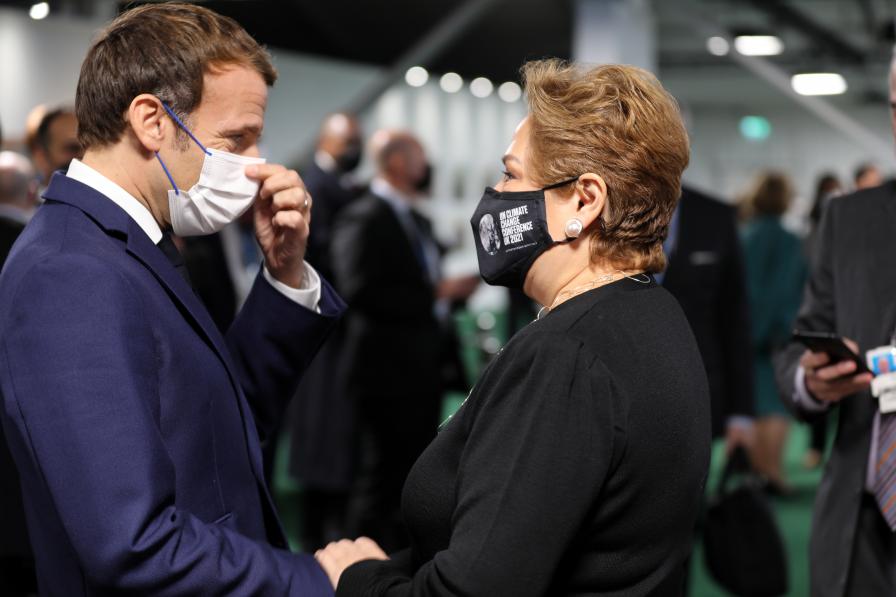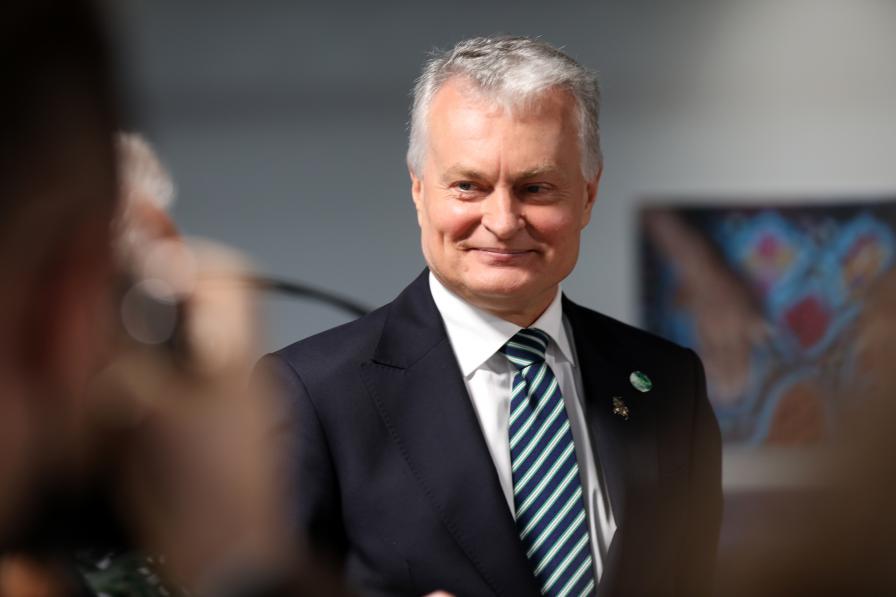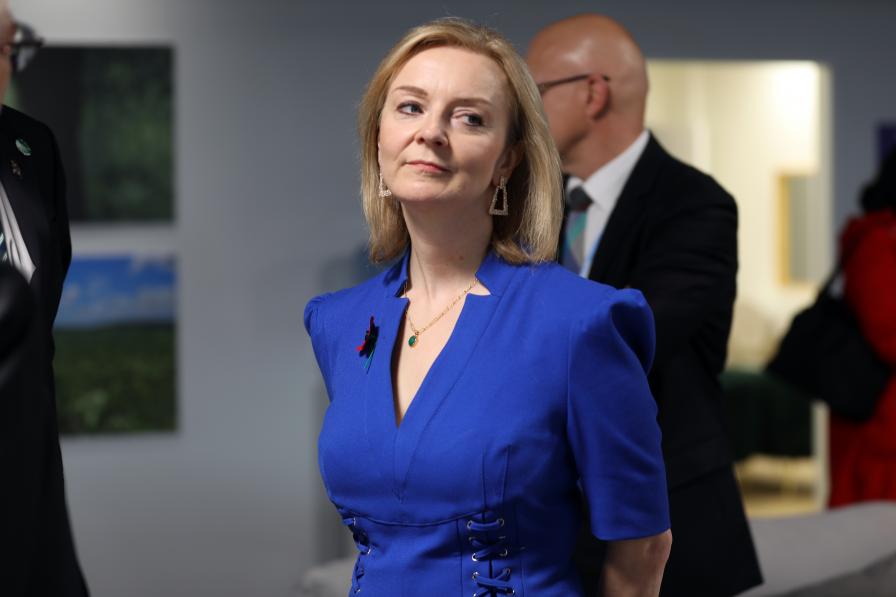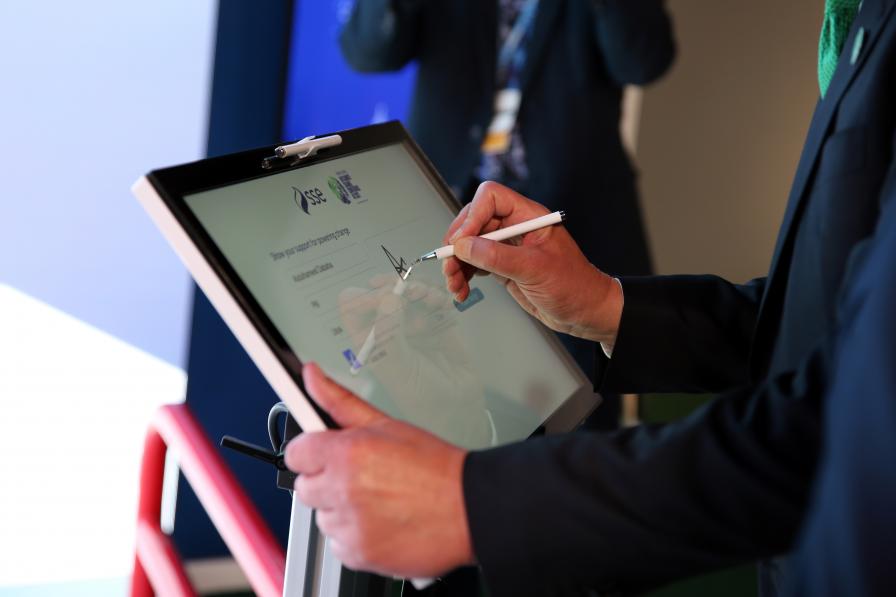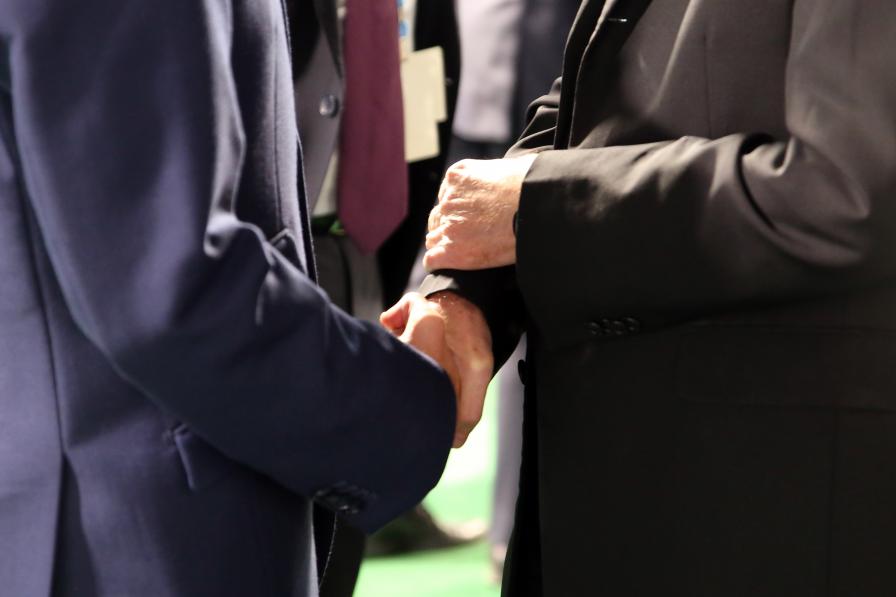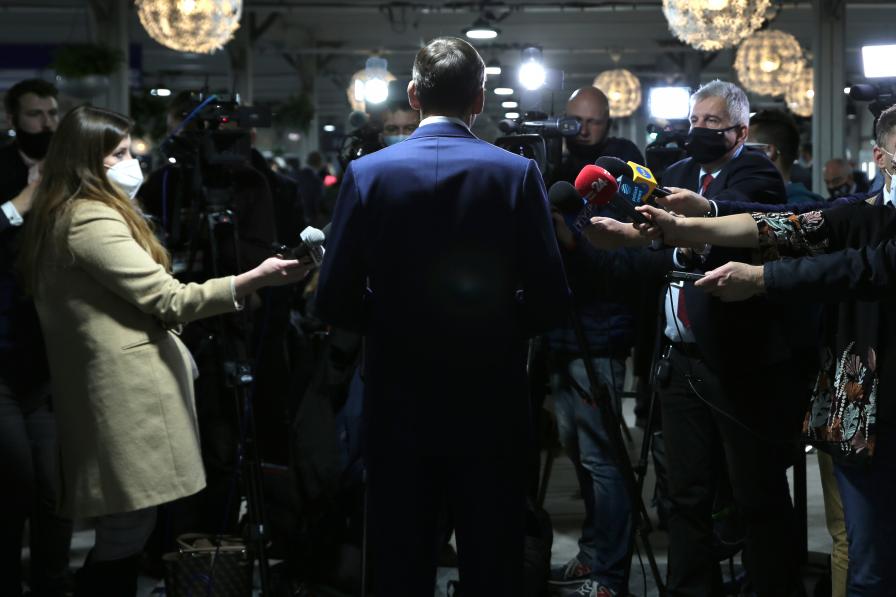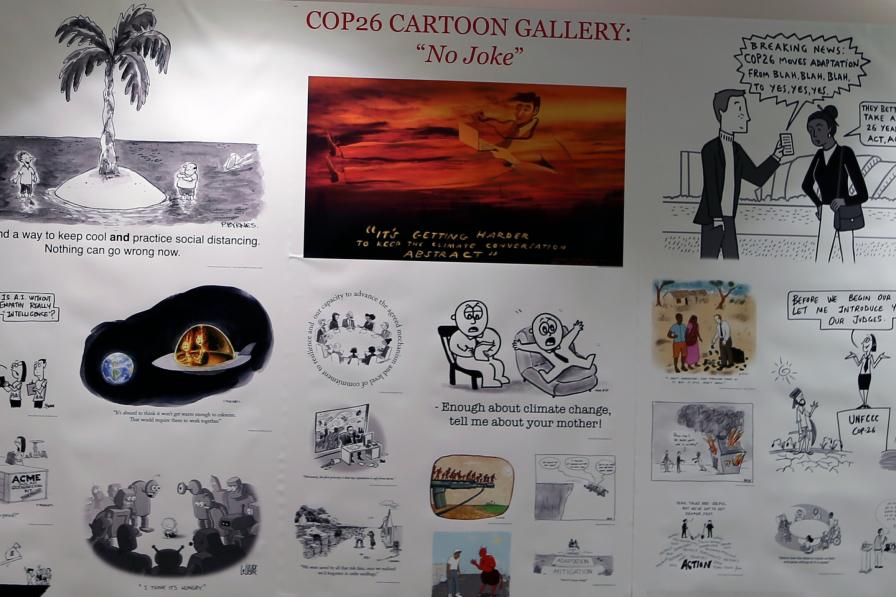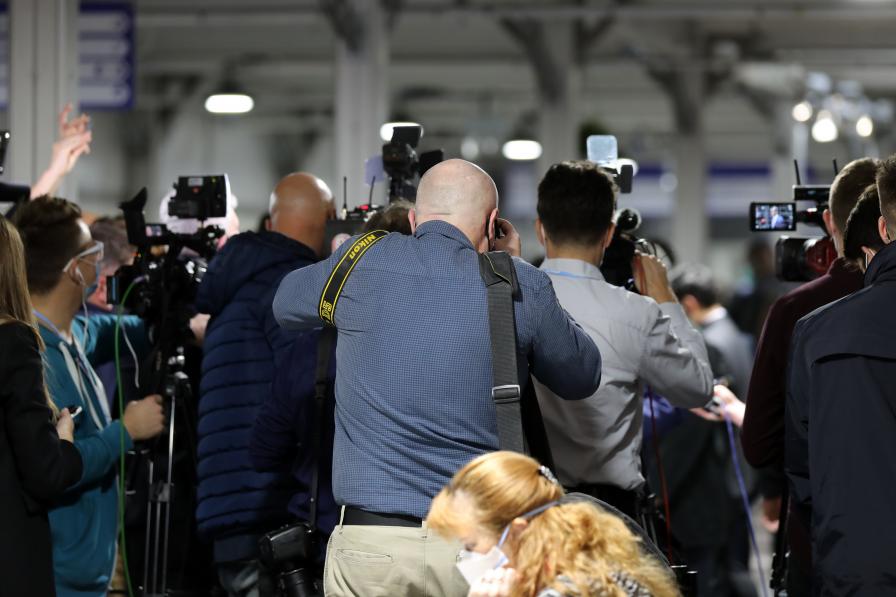Emotions and camera flashes sparked throughout the venue on the second day of the Glasgow Climate Change Conference. The arrival of Heads of State and Government, accompanied by their retinues and crowds of media delegates, brought a throng of people and even some drama to the proceedings. A secondary badge system to gain access to the leaders’ summit and negotiations areas of the venue triggered long queues and prompted concerns from some states, as well as civil society.
Alongside the leaders’ statements, negotiations launched on Article 6 (cooperative approaches), loss and damage, common time frames for nationally determined contributions (NDCs), transparency, and adaptation, among other issues.
Highlights of the day included:
- Statements from world leaders, including some new pledges and commitments on emissions reductions and finance; and
- The start of negotiations on several agenda items.
You can also dive deeper by reading the full ENB daily report.
World Leaders Summit
“It is one minute to midnight on the Doomsday Clock,” said UK Prime Minister Boris Johnson to the 60 world leaders and luminaries who convened for the first day of statements on the urgency and necessity of enhanced climate action. Risk, threat and vulnerability formed a theme that resonated across statements. President of Kenya Uhuru Kenyatta emphasized the “existential threat to Africa” from climate change. President of the European Council Charles Michel underscored humanity’s shared responsibility for the security risk to future generations. Several speakers acknowledged the “anger and frustration” among youth movements, and the potential for future generations to judge the current generation even more harshly.
But leaders were also quick to embrace opportunity and possibility, particularly to raise adequate finance to support developing countries. Prime Minister of Barbados Mia Mottley stressed the chance for central banks and the International Monetary Fund to accelerate the energy transition, proposing an annual increase in Special Drawing Rights to USD 500 billion for 20 years. President Joko Widodo of Indonesia highlighted a role for green bonds.
A number of Indigenous and frontline community representatives were also granted space on the podium, and used their statements to push for urgent leadership. As Brianna Fruean, Samoan activist, put it, “In your words you have the weapons that could save us or sell us out. Do you have the political will to wield the right words?”
Alongside all the rhetoric, some leaders announced pledges and commitments. Highlights included:
- India’s commitment to achieve net zero by 2070, along with reaching 50% renewable energy by 2030;
- Spain’s announced contribution of USD 30 million to the Adaptation Fund in 2022, and commitment to increase its climate finance by 50% by 2025;
- Republic of Korea’s increase of its emissions reduction target to 40% below 2018 levels by 2030, representing an improvement from its previous NDC of 24.4% below 2017 levels; and
- The launch of the Global Methane Pledge, with over 70 countries pledging to collectively lower methane emissions by 30% by 2030 from 2020 levels.
Negotiations
Work began on several issues, including Article 6, response measures, National Adaptation Plans (NAPs), gender and climate change, matters relating to the least developed countries (LDCs), common time frames for NDCs, and common tabular formats for tracking progress in implementing and achieving NDCs.
Contact groups and informal consultations on Article 6 largely saw reiterations of previously known stances, with positions staked out on environmental integrity, double counting, share of proceeds, and human rights and rights of Indigenous Peoples. However, the group also mandated the facilitators to produce a new iteration of texts, expected for Tuesday morning. Meanwhile, loss and damage discussions saw emerging agreement to realize a fully operational Santiago Network on Loss and Damage.
New negotiating texts on several issues are due to be released on several issues over the next couple of days.
To receive free coverage of global environmental events delivered to your inbox, subscribe to the ENB Update newsletter.
ENB images are free for use with attribution. For the Glasgow Climate Change Conference, please use Photo by IISD/ENB Mike Muzurakis.
